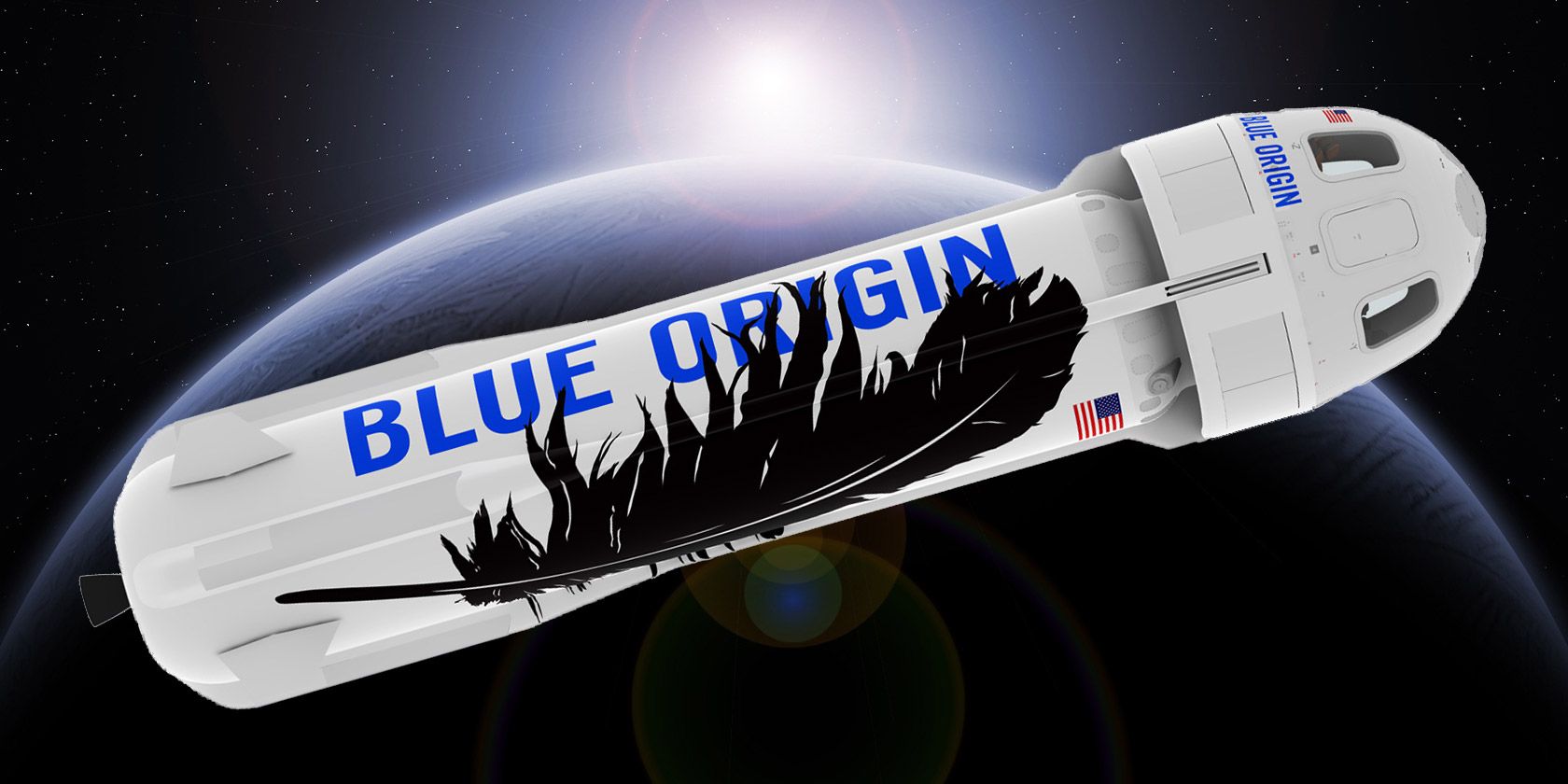*
"Does Rocketry Work beyond Earth's atmosphere?"
Dear Cluesforum members and readers,
On May 25, 2022 this important thread (
"Does Rocketry Work beyond Earth's atmosphere?") will celebrate its 9th Anniversary - and will soon reach 1 million views.

I dare say that our collective intellectual efforts have determined - beyond reasonable doubt - that rocketry can certainly NOT work beyond the Earth's atmosphere. I hereby wish to warmly thank all of the most acute and articulate contributors to this most important exposure which, of course, spells the end of NASA's credibility - and of all their complicit space agencies around the world.
I also dare say that our longstanding investigations - here at Cluesforum - to expose the GSTH (the Great Space Travel Hoax) have been of the 'pioneering' kind, so let's be proud of this and hope that future historians will give us some credit for it!

To be sure, back in 2013 (as this very thread "came to life"), there was - to my knowledge - hardly ANY discussion to be found on the internets regarding the fact that rockets cannot travel beyond our Earth's atmosphere. In later years though, I've kept bumping into some fine writings (at various websites & in the social media ) in support of our findings.
For instance, here's an excellent, no-nonsense comment (by a Youtube user, "Dr. David Banner F.E.S.") which succinctly expounds why rockets will not move in space:
"I think its easier just to see it as water under pressure inside of an object, and then a valve is opened allowing that water to escape. In atmosphere the water first in line to escape is immediately slowed down due to the resistance the atmosphere has on its path of travel. So the water now coming out of the object runs into the slower moving water which exited first, and pushes it out of the way, and provides a thrust or force to push the object in the other direction, because the object itself has something coming out of it, that is pushing other stuff out its way.
In space this cannot be, because the water coming out of the object never gets slowed down by an atmospheric pressure....space doesn't offer any resistance to it's path of travel exiting the object. So the water first in line to leave the object is moving at exactly the same speed as the water currently leaving the object, and so the water currently leaving the object never encounters slower moving water to push out of the way, and so the object doesn't have any forward thrust....Because it doesn't have anything coming out of it that is pushing anything out its way. That simple.”
https://www.youtube.com/watch?v=-BsrzO7aXNs
The above comment by Dr. David Banner inspired me today to make the below graphic which, as always, I invite allcomers to try and disprove.


The funniest thing is that, when NASA advocates claim that rockets "push on their own fuel", they are actually (almost) correct! Indeed, rockets do push on their own fuel -
but only when it impacts air molecules in the atmosphere!
It is high time for everyone to realize and accept the fact that the 'Hollywood department' known as "NASA" has been fooling this planet's population ever since its inception (in 1958). It should thus come as no surprise that NASA's very first director (i.e. T. Keith Glennan) was a former studio manager at the Paramount and the Samuel Goldwyn cinema studios:
viewtopic.php?f=23&t=1735




